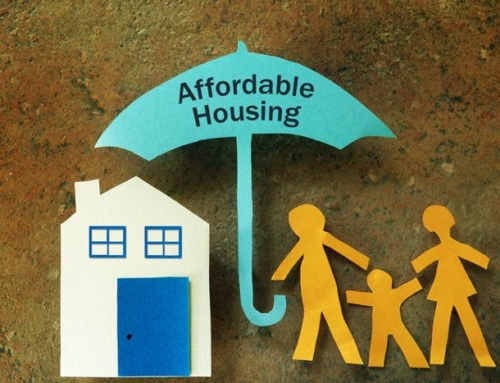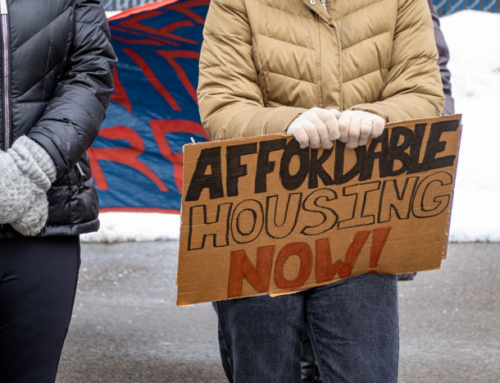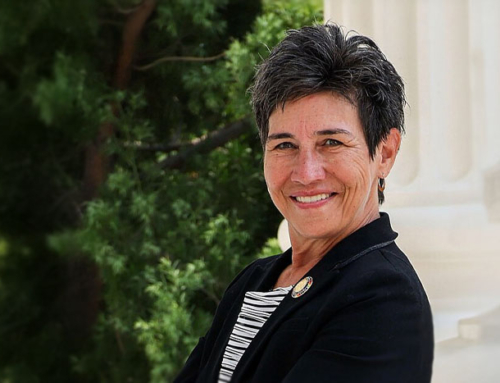On June 20th, Governor Newsom, in partnership with Senator Talamantes Eggman (Stockton) and Assemblymember Irwin (Thousand Oaks), announced plans to modernize the Mental Health Services Act (MHSA) and bring a measure before the voters to approve a $4.68 billion bond that could create 10,000 new community treatment beds for residents with serious mental health and substance abuse disorders.
SB 326 (Talamantes Eggman) would expand services under MHSA to include treatment for people with substance disorders, provide funding for housing and workforce support, and support community interventions and pilot programs. The bill would require that $1 billion in MHSA funding go towards housing or residential facilities. AB 531 (Irwin) would authorize a General Obligation Bond on the March 2024 ballot, which would fund the development of new homes for people experiencing homelessness who have behavioral health needs, with a focus on veterans.
In 2004, the State’s voters approved Proposition 63, creating the MHSA, which was funded with a new 1% tax on residents earning more than $1 million a year. This tax now covers more than 30% of the State’s mental health care costs and is expected to generate $3.8 billion in 2023. The proposed MHSA expansion would make a significant change to the allocation of resources. The current formula allocates funds according to this breakdown: 76% to Community Services and Support (CSS), 19% to Prevention and Early Intervention, and 5% to Innovation. The new formula focuses more on housing, with 35% for Full Service Partnerships, 30% for Housing Interventions, 30% for Behavioral Health Services, and 5% for Prevention.
If approved by the voters, the new bond funds could be used for the construction, acquisition, or rehabilitation of unlocked and voluntary community based residential care settings for people with behavioral health needs. A portion of the funding would be set aside to produce or preserve interim, transitional, or permanent supportive housing for veterans who are homeless or at risk of homelessness and are experiencing behavioral health issues.
According to the authors, the two bills build on the Governor’s Behavioral Health Expansion and Reform efforts and supplement the implementation of the CARE Courts. The authors stressed the need to focus on outcomes, accountability, and equity. Both bills will need to be approved by the full Legislature this session, with AB 531 requiring a 2/3rds vote. Read more here.
© LeSar Holdings/LeSar Development Consultants. All Rights Reserved. Please be advised that any republishing of copyrighted material provided by our organization, in whole or in part, requires prior written authorization. For permission, please reach out to [email protected]. We appreciate your understanding and compliance in upholding copyright laws.






















